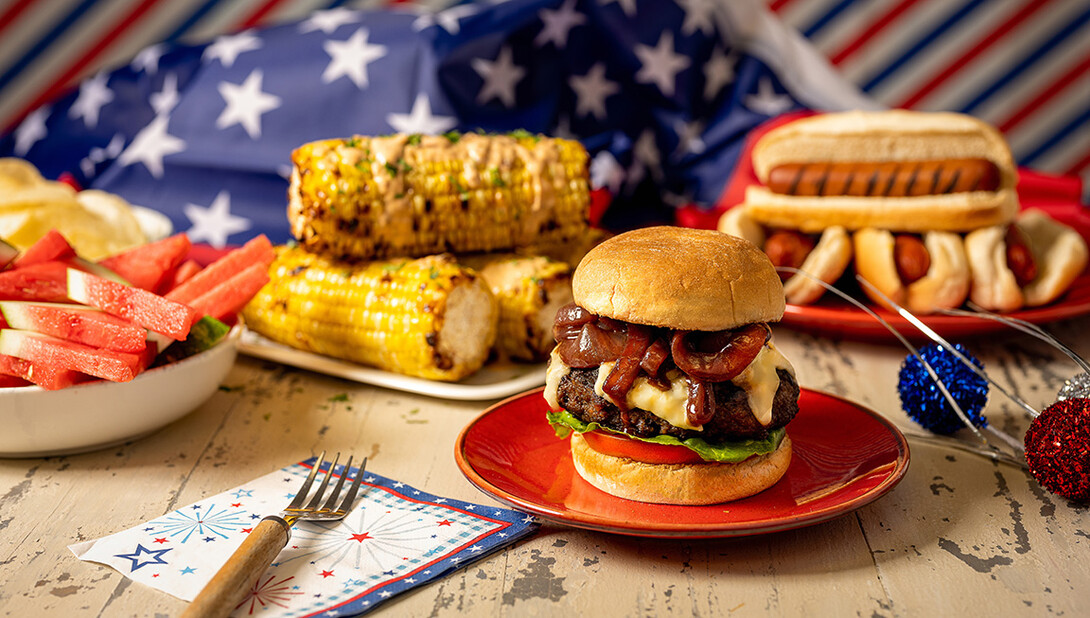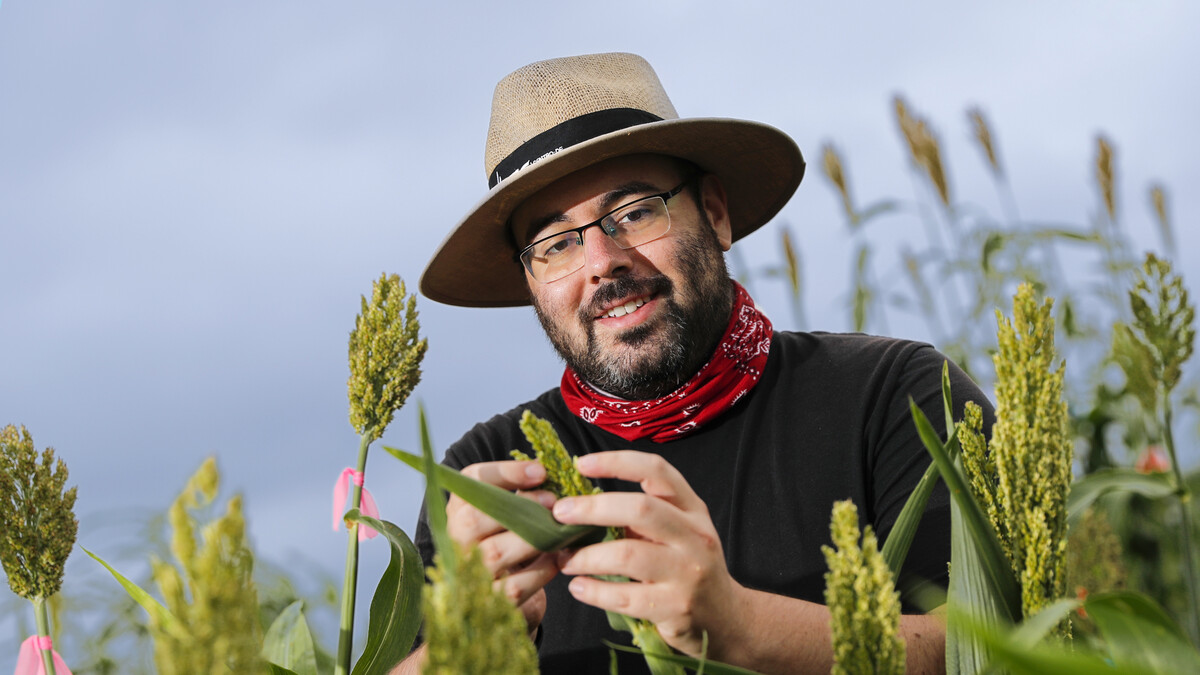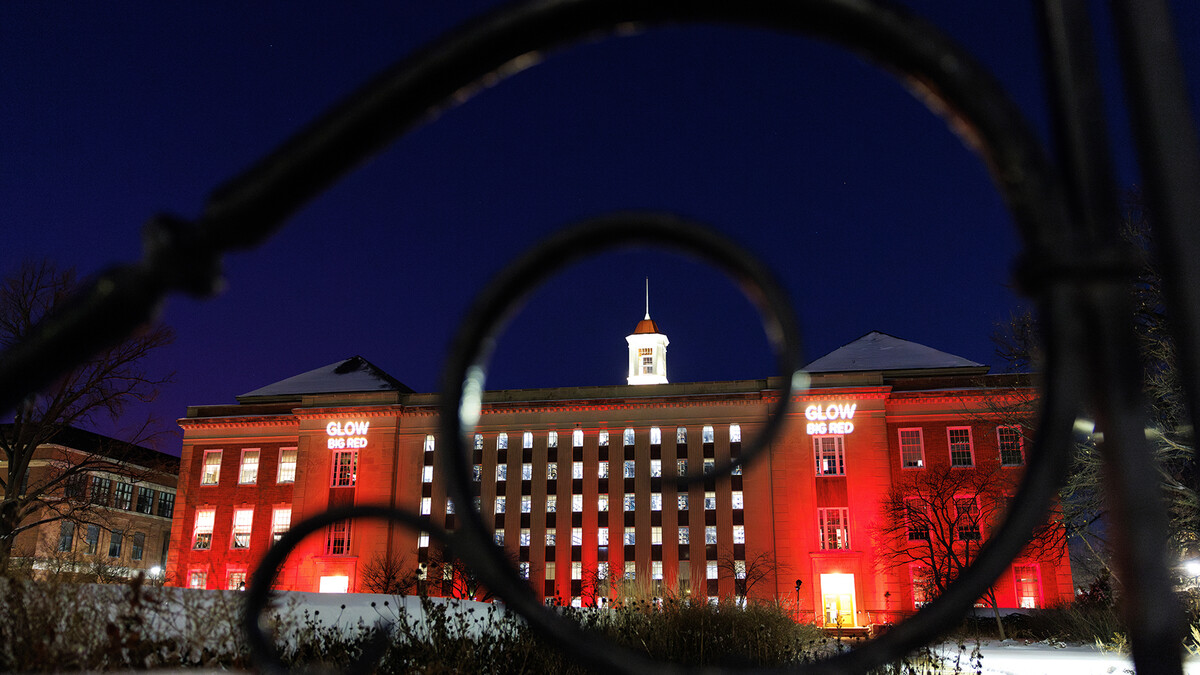
Summer has a way of bringing people together, especially around a cookout.
Unfortunately, the warmer temperatures that make gathering outdoors possible can also cause unintended consequences.
Food poisoning is more common during the summer months than any other time through the year. According to the United States Department of Agriculture, the bacteria and microorganisms naturally present grow faster in the warm, humid summer months. Given the right environment, harmful bacteria can quickly multiply on food to large numbers. When this happens, someone eating the food can get sick.
As outside activities increase, and more people are cooking outside at picnics, barbecues, and on camping trips, the safety controls that a kitchen provides — thermostat-controlled cooking, refrigeration, and washing facilities — are usually not available. Here are four simple steps to safer food in the summertime.
Clean: Wash Hands and Surfaces Often. Unwashed hands are a prime cause of foodborne illness. Wash hands with warm, soapy water before handling food and after using the bathroom, changing diapers and handling pets. When eating away from home, find out if there’s a source of safe water. If not, bring water for preparation and cleaning. Or pack clean, wet, disposable washcloths or moist towelettes and paper towels for cleaning hands and surfaces.
Separate: Don’t Cross-Contaminate. Cross-contamination during preparation, grilling, and serving food is a prime cause of foodborne illness. When packing the cooler for an outing, wrap raw meats securely; avoid raw meat juices from coming in contact with ready-to-eat food. Wash plates, utensils, and cutting boards that held the raw meat or poultry before using again for cooked food.
Cook: Cook to Safe Temperatures. Take your food thermometer with you. Meat and poultry cooked on a grill often browns very fast on the outside, so be sure that meats are cooked thoroughly. Check them with a food thermometer to make sure they have reached the correct internal temperature.
Chill: Refrigerate Promptly. Holding food at an unsafe temperature is a prime cause of foodborne illness. Cold, perishable food like lunch meats, cooked meats, chicken, and potato or pasta salads should be kept in an insulated cooler packed with several inches of ice, ice packs, or containers of frozen water. Keep the cooler in the coolest part of the car, and place in the shade or shelter, out of the sun, whenever possible. Food left out of refrigeration for more than two hours may not be safe to eat. When the temperature is above 90 degrees, food should not be left out for more than one hour.
For recipes, additional safety information and summer fun ideas, check out the Nebraska Extension website.







